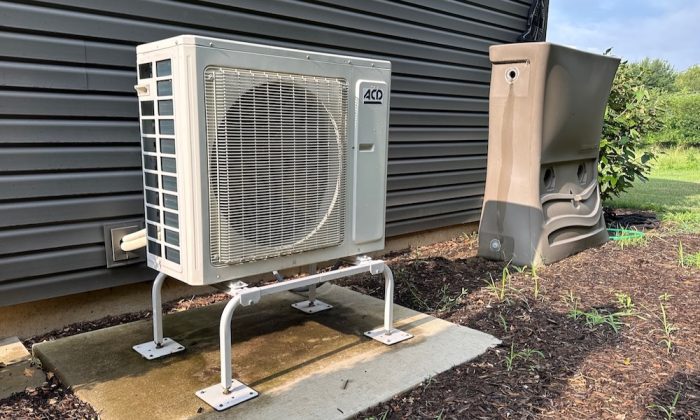From Traditional to Tankless – The Evolution of Water Heaters by Industry Giants
The evolution of water heaters has been a remarkable journey, transitioning from traditional tank-based systems to modern, tankless solutions. This transformation, driven by industry giants, reflects advancements in technology, changes in consumer preferences, and a growing emphasis on energy efficiency and environmental sustainability. Traditional water heaters, which have been a staple in homes for decades, operate by storing and heating a large volume of water in a tank. These systems, while effective, are often bulky, consume significant energy, and can suffer from heat loss over time. The principle behind these heaters is relatively simple: a heating element warms the water in the tank, which is then distributed throughout the household as needed. However, the constant need to keep the stored water hot leads to high energy consumption and increased utility bills. Additionally, the size of these units can be a drawback, requiring considerable space for installation, which is not always feasible in modern, space-constrained homes. In contrast, tankless water heaters, also known as on-demand or instantaneous water heaters, represent a significant leap forward in water heating technology.

This innovation eliminates the standby energy losses associated with tank storage and leads to substantial energy savings. The compact design of tankless water heaters is another major advantage, allowing them to be installed in smaller spaces, such as closets or under sinks, making them an ideal choice for contemporary homes and apartments. These companies have invested heavily in research and development to enhance the efficiency, reliability, and user-friendliness of their products. For instance, water heater brands have introduced advanced tankless models equipped with smart technology, enabling users to monitor and control their water heater remotely via mobile apps. This level of control not only improves convenience but also allows for better management of energy consumption. The leader in the water heating industry, has focused on integrating sustainable technologies into their tankless models. Their commitment to reducing carbon footprints is evident in their use of condensing technology, which increases energy efficiency by capturing and utilizing heat from exhaust gases.
This approach not only reduces energy consumption but also lowers greenhouse gas emissions, aligning with global efforts to combat climate change. Bosch, known for its innovative engineering, has developed tankless water heaters that prioritize both performance and environmental impact. Their models often feature high-efficiency ratings and are designed to deliver consistent hot water while minimizing energy use. Bosch’s emphasis on quality and durability ensures that their tankless heaters provide long-term value to consumers, with many models boasting extended warranties and robust construction and view www.jnodenergy.com. The shift from traditional to tankless water heaters represents more than just a technological advancement; it reflects a broader trend towards energy efficiency, environmental responsibility, and smart home integration. As industry giants continue to innovate and improve their offerings, consumers can expect even more advanced and efficient water heating solutions in the future. The evolution of water heaters is a testament to the industry’s ability to adapt and innovate, meeting the changing needs of modern households while contributing to a more sustainable future.